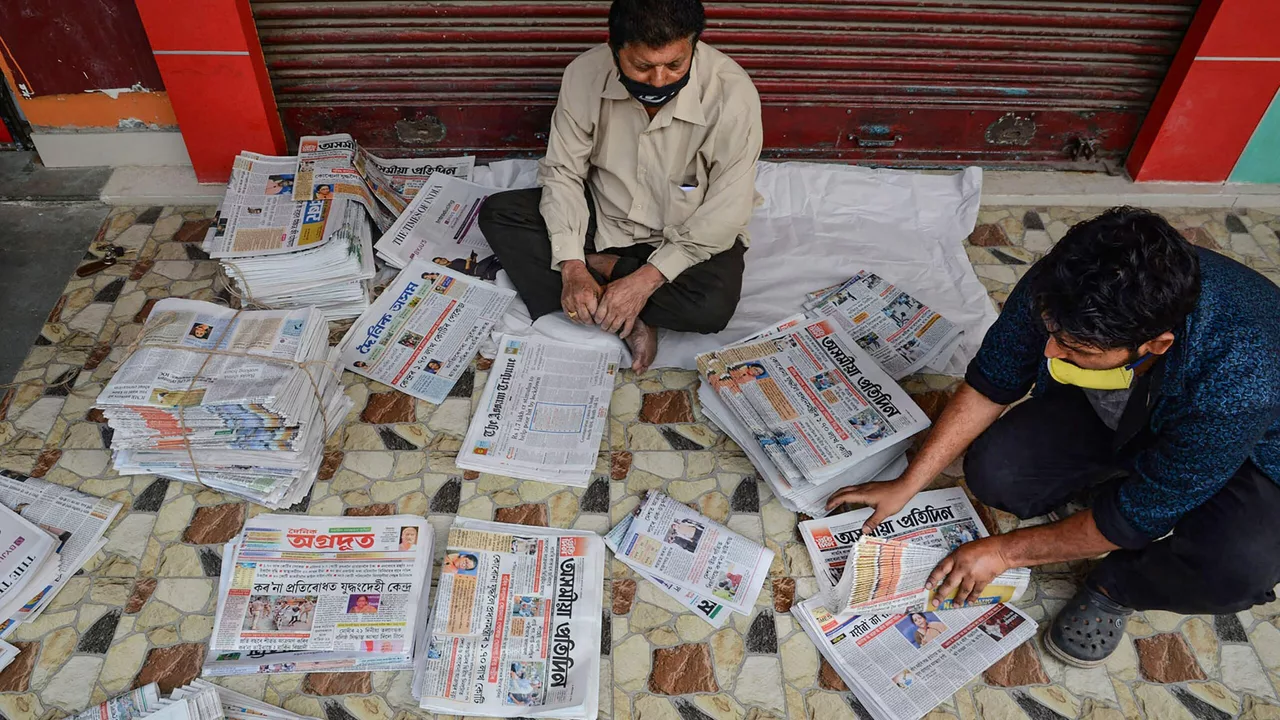Media bias: how to spot it and why it matters to your property decisions
One sensational headline can scare buyers away from a neighbourhood, or push prices up for no good reason. Media bias isn’t just about politics — it shows up in crime reports, celebrity court cases, school stories and even property news. If you read a story that changes how you feel about a building, project or area, stop and check a few things before you act.
How to spot media bias — quick checks you can do
Look at the headline first. Does it promise drama that the article doesn’t deliver? Many sites use loud headlines to get clicks. Then read the facts: are there numbers, dates, official names or links to reports? If a story quotes "sources" or "people close to the case" without names, treat it cautiously.
Check for balance. Does the piece include responses from all sides — the developer, local residents, the regulator, or police — when relevant? If the article repeats the same claim without evidence, that’s a red flag. Also note the language: words like "shocking", "scandal" or "exposed" aim to stir emotions, not inform.
Look at ownership and pattern. Some outlets favor certain groups or developers. If the same site runs repeated positive pieces about one builder and only negative ones about another, that pattern hints at bias. Timing matters too: stories that arrive right before auctions, project approvals, or elections often aim to influence outcomes.
Verify images and data. Photos can be reused or miscaptioned. Do a quick reverse image check if an image looks unrelated. For property claims, check official records: RERA listings, land registry entries, municipal notices or court documents. Facts from these sources beat hearsay every time.
Why media bias matters for property buyers and investors
Biased coverage changes sentiment. A single viral story can slow sales in a locality, force prices down temporarily, or scare banks from lending to a project. That creates real losses for buyers who panic-sell or delay purchases based on headlines.
Developers and agents can use media to shape reputation. Positive, repeated exposure can inflate demand; negative, biased coverage can sink a project’s prospects even if problems are minor or fixed. Investors who don’t check primary records may buy into short-lived hype or sell at the worst time.
So what should you do when you see a dramatic news piece? Pause. Check official records and multiple outlets. Ask for documents from the seller or builder. Talk to locals and visit the site yourself. Use this tag page to see different angles on similar stories, compare reporting, and build a clearer picture before making a move.
Reading news critically takes a little effort, but it saves money and stress. Treat headlines as starts, not answers. Your next property choice should come from verification, not emotion.

Why does the Indian news media only cover politics?
Well folks, let's dive into the spicy curry of Indian news media, shall we? It's like politics has become their favorite Bollywood superstar, always taking center stage! Why so, you ask? It's because political news sells like hot samosas in India, stirring up emotions, creating debates, and keeping the TRP ratings high. So, next time when you switch on the news and it's all politics, don't go 'why always this?', instead say 'here comes the spicy drama!'
Media Criticism



